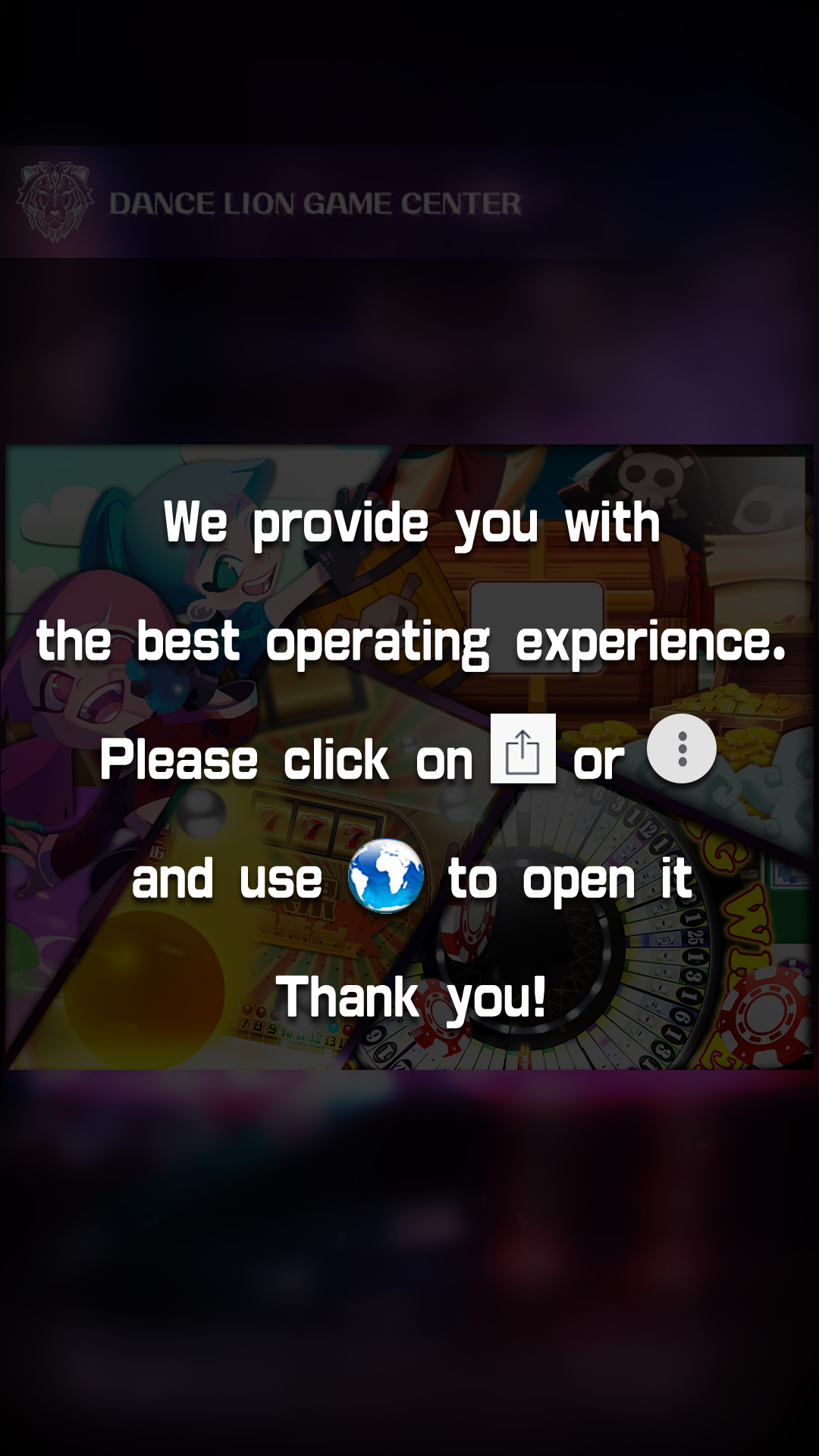| Differences |
Owning Your Own Game Website |
Game Platform Marketing & Promotion |
| Revenue Model |
Directly earns game revenue with higher profit margins. |
Earns commissions based on promotion performance. |
| Game Ownership |
Owns a white-label game brand, allowing custom names and settings. |
No game ownership. |
| Brand Control |
Can establish a unique brand identity and design. |
No modification capabilities. |
| Marketing Autonomy |
Full control over marketing strategies to improve conversion rates. |
No autonomy. |
| Operational Management |
Partial decision-making power in operations, including player management and promotions. |
No operational rights. |
| Shareholder Recruitment |
Can recruit shareholders or investors to expand funding. |
Cannot recruit shareholders. |
| Marketing Team |
Can create an independent marketing team to promote the brand and products. |
Cannot establish a marketing team. |
| Customer Support System |
Provides customer service for enhanced user experience and direct client management. |
Customer support is handled by the official platform. |
| Player Data |
Access to or ownership of player data for analysis. |
No access to player data. |
| Payment Processing |
Can choose their own payment system but must provide an API for integration. |
No control over payment systems. |
| Market Competitiveness |
Owns an independent brand, increasing competitive advantage. |
Weaker market competitiveness. |
| Future Development |
Potential for long-term development, possibly upgrading to an independent game platform. |
Limited long-term sustainability. |
| Reward Rules |
Partial control over reward rules, such as incentive mechanisms. |
No ability to adjust reward structures. |
| Lifetime Career |
Can develop into a lifelong business with a sustainable gaming platform. |
Lacks long-term stability. |
| Automated Earnings |
Can establish a marketing team that operates automatically, allowing the team to generate revenue. |
Revenue depends solely on self-promotion. |




